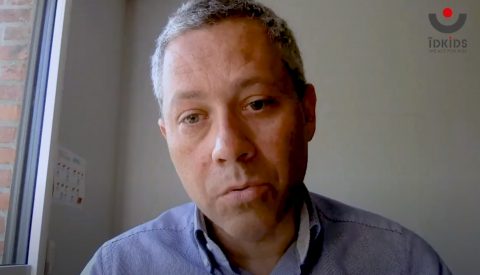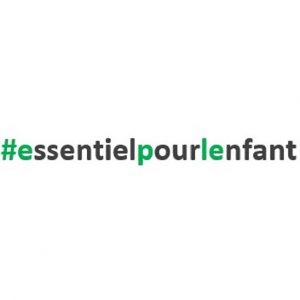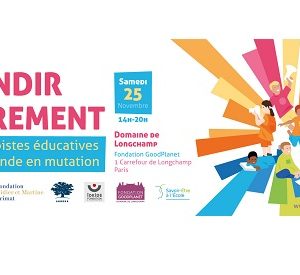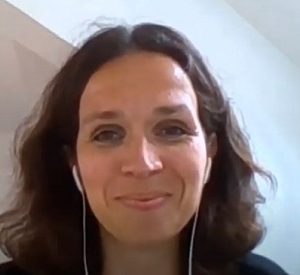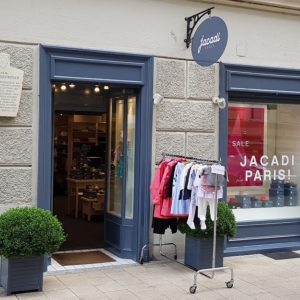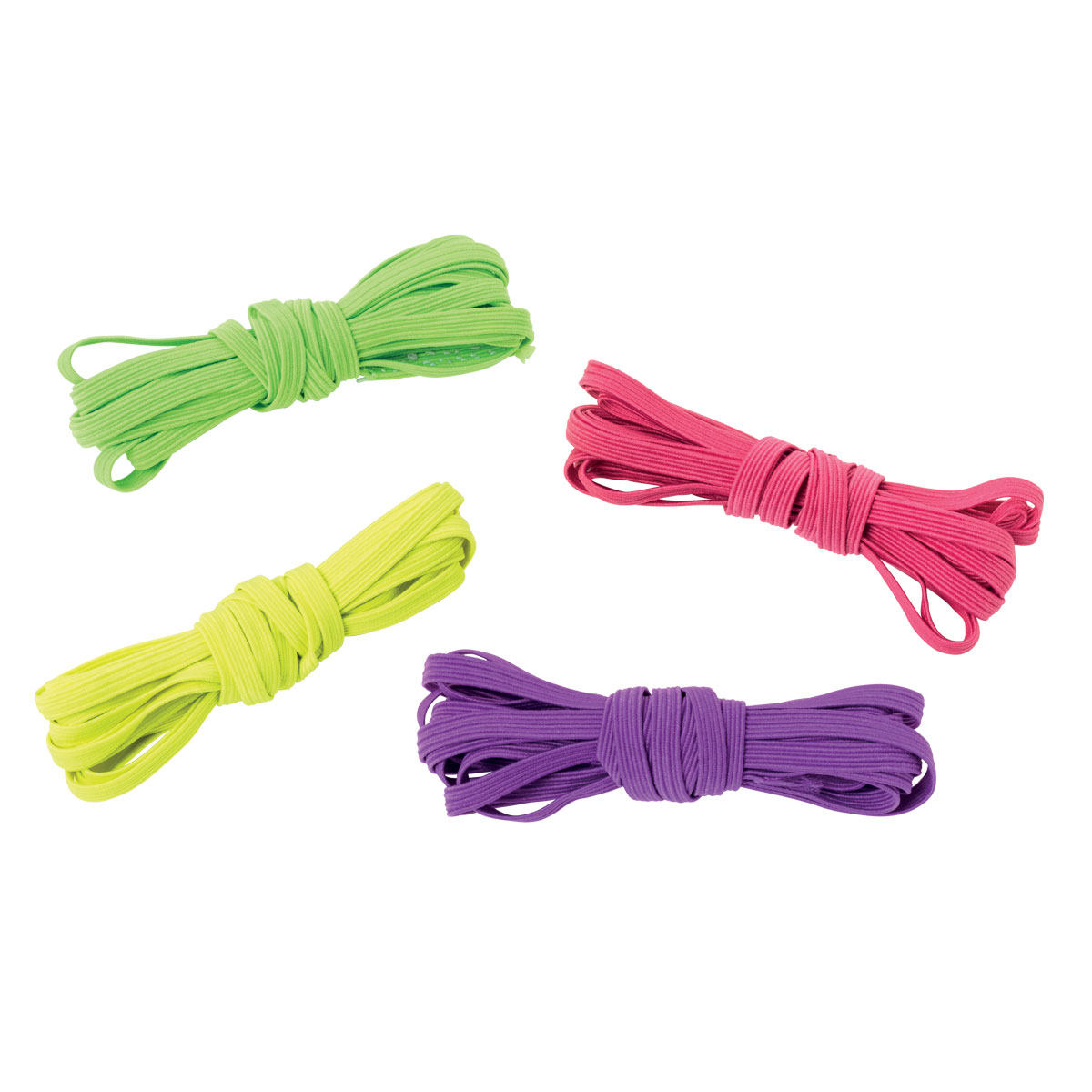

No, elasticity does not represent the dream of an eternal school break 😉 It’s a key challenge in the “flow” value chain. Didier Souflet, Industrial Director of ÏDKIDS, explains.
“We are facing 2 key challenges to reinvent our business:
- transform our OFFER value chain. The objective: make sure we have the right product at the right price and the right quality;
- transform our FLOW value chain. The objective: offer the right quantity at the right time and in the right place. Our ambition: produce what we sell, not sell what we produce! Be able to accelerate production of what is selling well… Or slow down production of what is not selling. That’s what we call improving our ELASTICITY.
Cela exige de ne plus passer 100% des commandes en entrée de saison. On peut ainsi attendre les résultats de ventes pour ajuster nos achats.
C’est extrêmement difficile à mettre en oeuvre. Cela suppose en effet que tous les acteurs de la chaîne changent ensemble leur façon de travailler et adoptent les mêmes règles, de Roubaix et Paris, jusque dans nos bureaux d’achats en Asie. Nous allons donc procéder progressivement.
“Our ambition:
produce what we sell, not sell what we produce!“
The objective for the Spring Summer 2021 collection: scope for 2 million products, which means buying 3 to 4% less at the start of the season. This may seem low, but we’re starting from an inventory of 100%. This 3-4% can generate extra sales (if we can buy more best sellers) and significantly stop losses (by removing bad sellers, avoiding over stocking, discount sales, etc.).
To achieve this, we must activate several levers at the same time. The most important:
1 – Reduce the number of material references so we can stock certain permanent references without risk and at a lower cost,
2 – Reduce the number of our suppliers, by selecting those that have broad expertise so they can switch from one model to another,
3 – Reserve some short- and mid-term production capacity to be able to manage our elasticity,
4 – Reduce transport lead times with suppliers that are nearer to us.
The key people for this initiative will be the capacity planners in our purchasing offices who are working hand-in-hand with the sales planners in Roubaix. And beyond that, it is the entire flow value chain that is moving forward to rise to the challenge of ELASTICITY.
